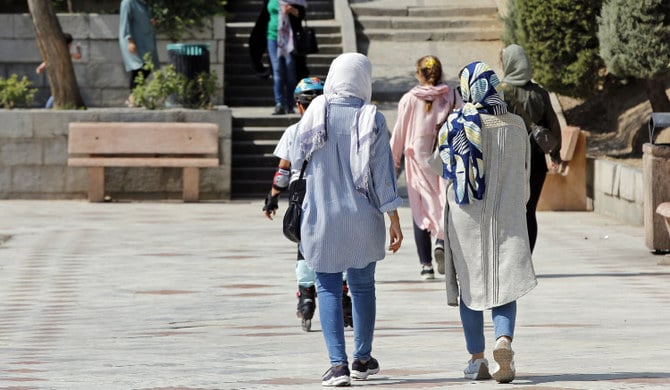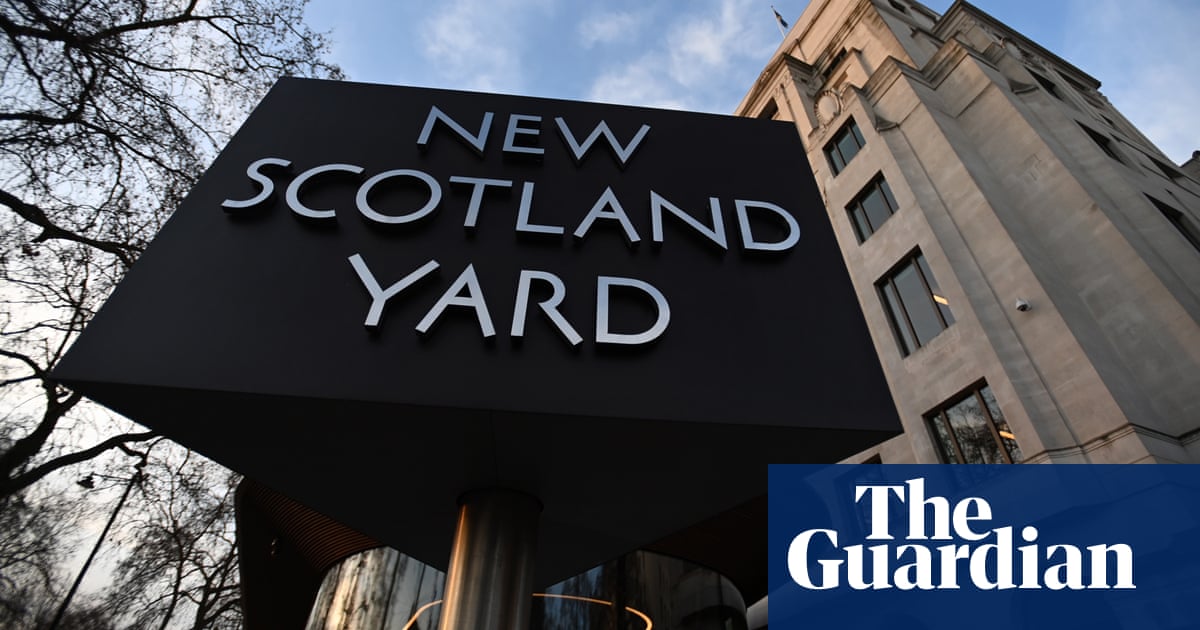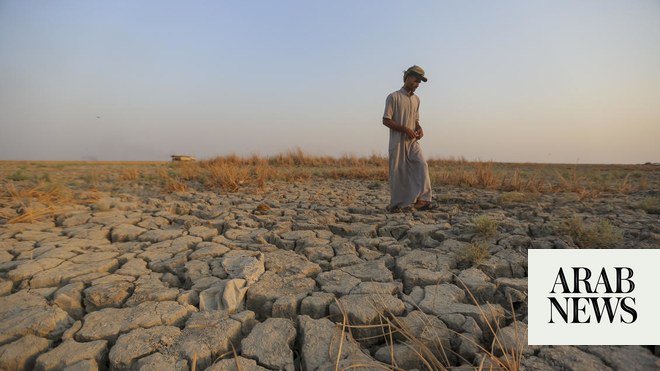
Ali Khamenei, Iran’s supreme leader, last week pardoned “tens of thousands” of protesters. In parallel, I received from a friend a video showing people walking in a mall in Tehran. No one was wearing a headscarf. The security apparatus has relaxed its strict enforcement of the rules and regulations as this only increased popular discontent. They know that the excessive use of force can only be counterproductive. However, the main issue is not about the headscarf, it is about the deteriorating living standards of the average Iranian, which is partly due to sanctions but also due to corruption.
Although the protests have diminished, that does not mean they will not reemerge even stronger. Hence, this is the moment for the regime to reflect, conduct reforms and mend its relations with its neighbors in order to ensure its survival.
As much as the Iranians fear regional intervention to precipitate the fall of the regime, a fragmented Iran is definitely not in the interest of the Arab Gulf states. Esmail Ghaani, the commander of the Quds Force, made a speech in December in which he accused Saudi Arabia of indirectly meddling in Iran’s internal affairs. However, Riyadh knows well that the collapse of Iran would be worse than the breakdown of Iraq following the 2003 invasion.
This difficult time that Iran is going through coincides with a very reconciliatory tone being used by Saudi Arabia. Saudi Arabia, which is focused on its own development and the realization of its Vision 2030, does not want to engage in any belligerent relations with its neighbors. This is an opportunity Iran must seize. Relations can be improved the same way Iran improved its relations with Turkiye, despite being on opposite sides in every conflict, whether in Iraq, Syria or Azerbaijan.
This is the moment for the regime to reflect, conduct reforms and mend its relations with its neighbors in order to ensure its survival
Dr. Dania Koleilat Khatib
It is up to Iran to recognize this mood by showing goodwill and working with Saudi Arabia on stabilization and prosperity. There are two opportunities for Iran to grasp, one in Yemen and one in Lebanon. These are opportunities where Iran can replace confrontation with collaboration. Not only will this help Iran mend its relations with its neighbors, it will also improve its standing on the international stage, which will encourage the international community to engage with it. Tehran badly needs such relationships to improve its economic conditions.
Iran can follow the path of China, which is to change without change. Following the disastrous politics of Mao Zedong — namely the Cultural Revolution, which resulted in millions of deaths — China decided to adjust. The opening up of China in 1979 under Deng Xiaoping preserved the communist system.
China opened up the economy, conducted reforms and changed its foreign policy. The change in foreign policy was necessary to attract foreign investment. The country abandoned its revolutionary strategy, which was based on encouraging insurgencies around the world, and focused on diplomatic relations. The result, 40 years later, was enormous prosperity for the Chinese people along with the maintenance of the communist regime. China’s communism survived, while Soviet communism faltered. This was mainly due to the fact that China was able to cater to the economic needs of its people and was able to engage with the international community.
The protests in Iran and the conciliatory tone of the Saudis represent a chance for Iran to do the same: change without change. This is the ultimate opportunity for Iran.
Twenty years ago, under President Mohammed Khatami, there was a trial by Iran to open up to the West and its neighbors, but neither the US nor the Arab Gulf captured the moment. Today, Iran has an opportunity to open up to its neighbors. Tehran should work with Riyadh as a first step.
In Yemen, the Houthis’ initial take on the national dialogue that was conducted by Abed Rabbo Mansour Hadi in 2014 was that the deal on offer gave them two provinces that had no access to the sea and no share of the country’s wealth. As the fighting started and the Houthis started to make gains on the ground, emboldened by Iranian support, they started raising the bar. Iran should work with Saudi Arabia so that the Houthis go back to their initial demands and accept a federal system that guarantees the unity of Yemen, while ensuring they get proper representation.
In Lebanon, Iran can work with Saudi Arabia on putting in place a government of technocrats that can conduct reforms and bypass divisive political issues such as the arms of Hezbollah.
Now is the perfect opportunity for Iran to demonstrate to the world and to its neighbors that it can work toward the stability and prosperity of the region, while also working on internal reforms to cater to the economic needs of its people.
• Dr. Dania Koleilat Khatib is a specialist in US-Arab relations with a focus on lobbying. She is president of the Research Center for Cooperation and Peace Building, a Lebanese nongovernmental organization focused on Track II.












